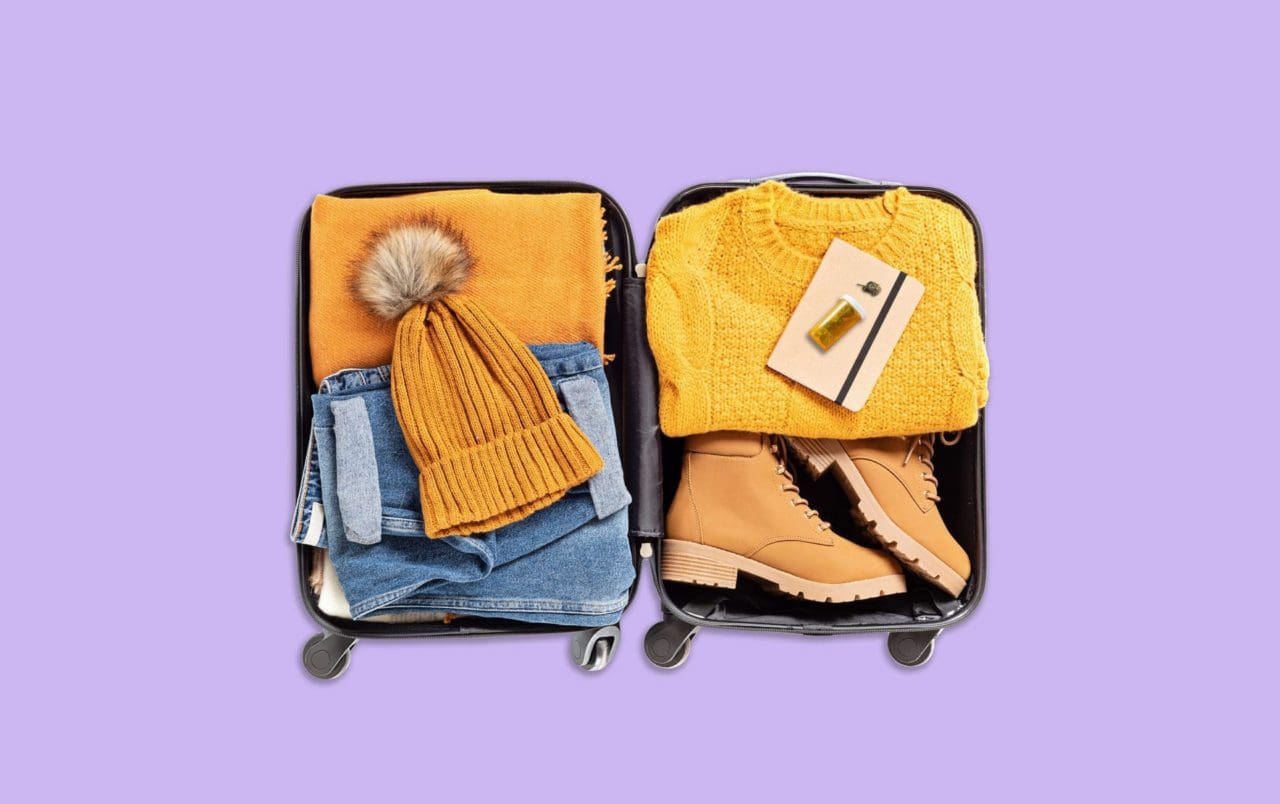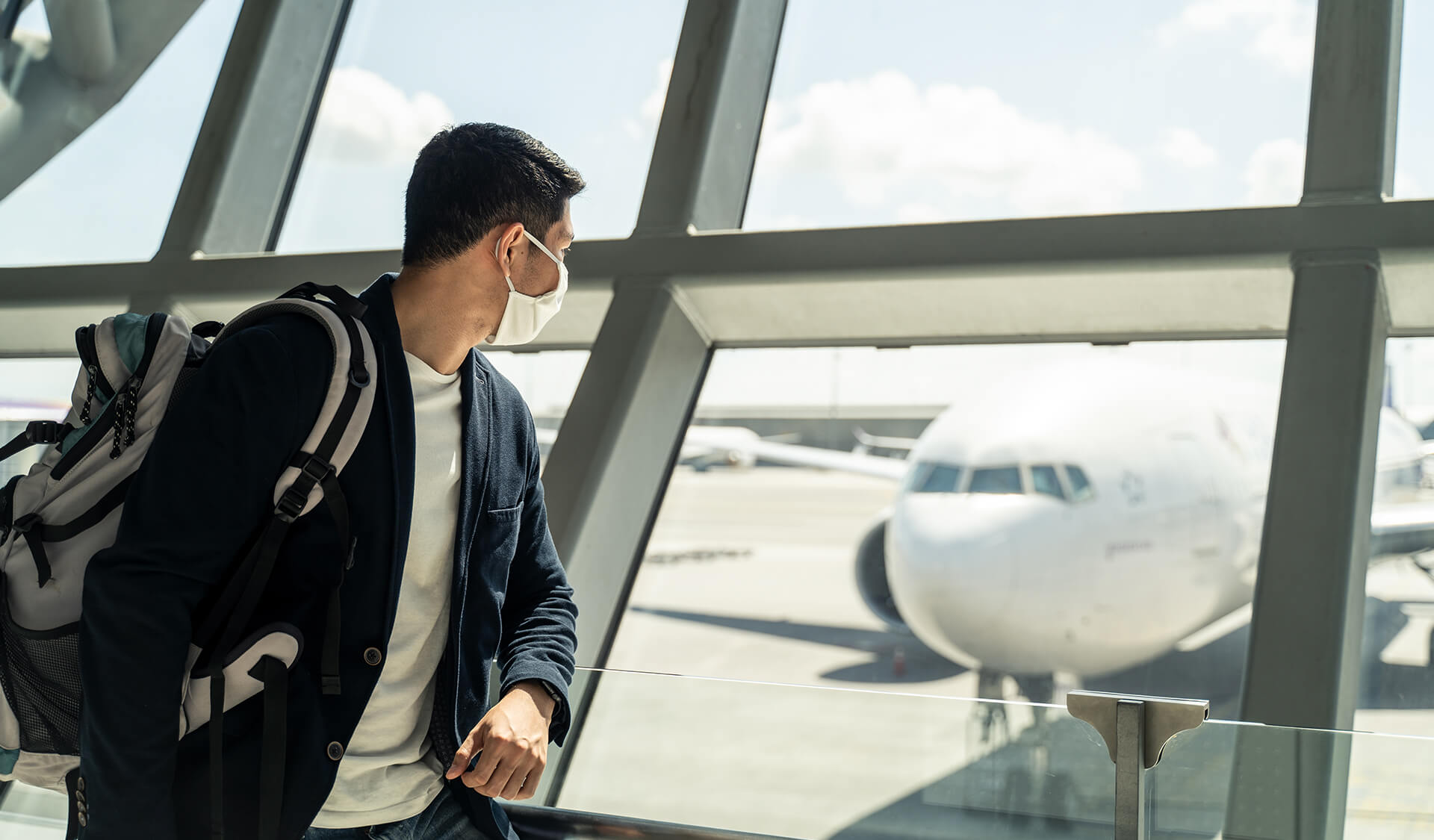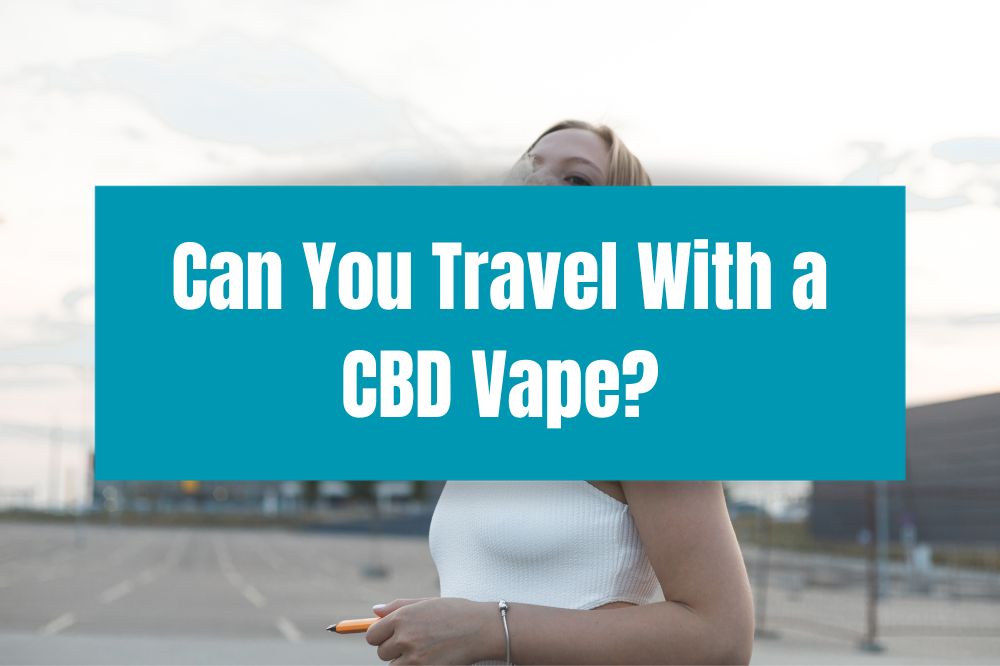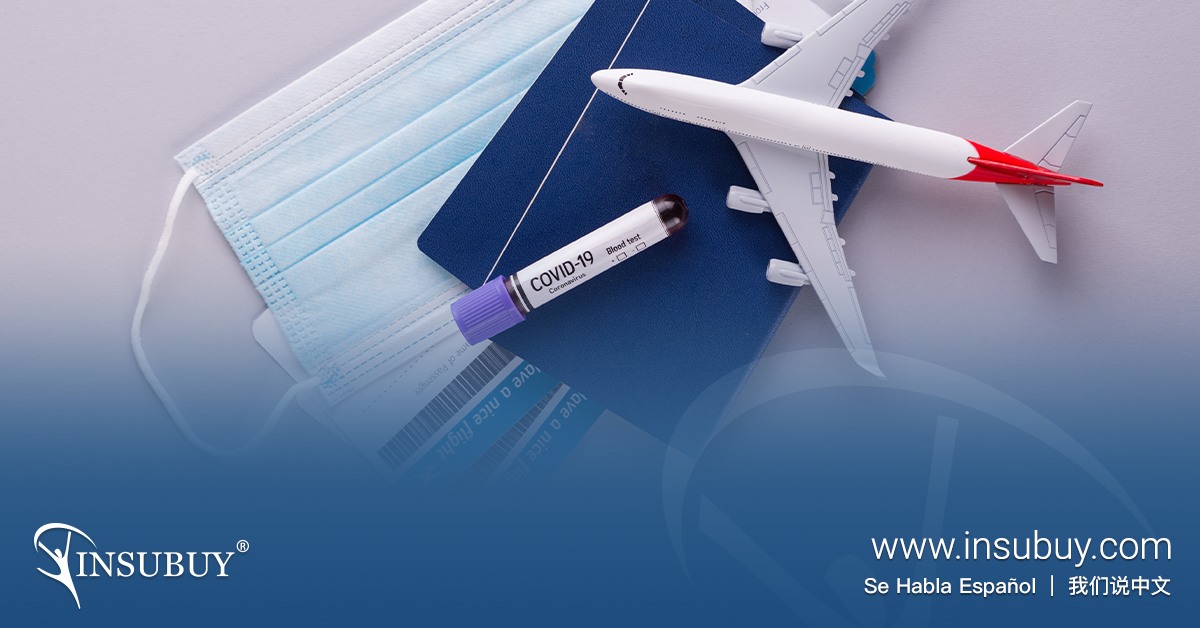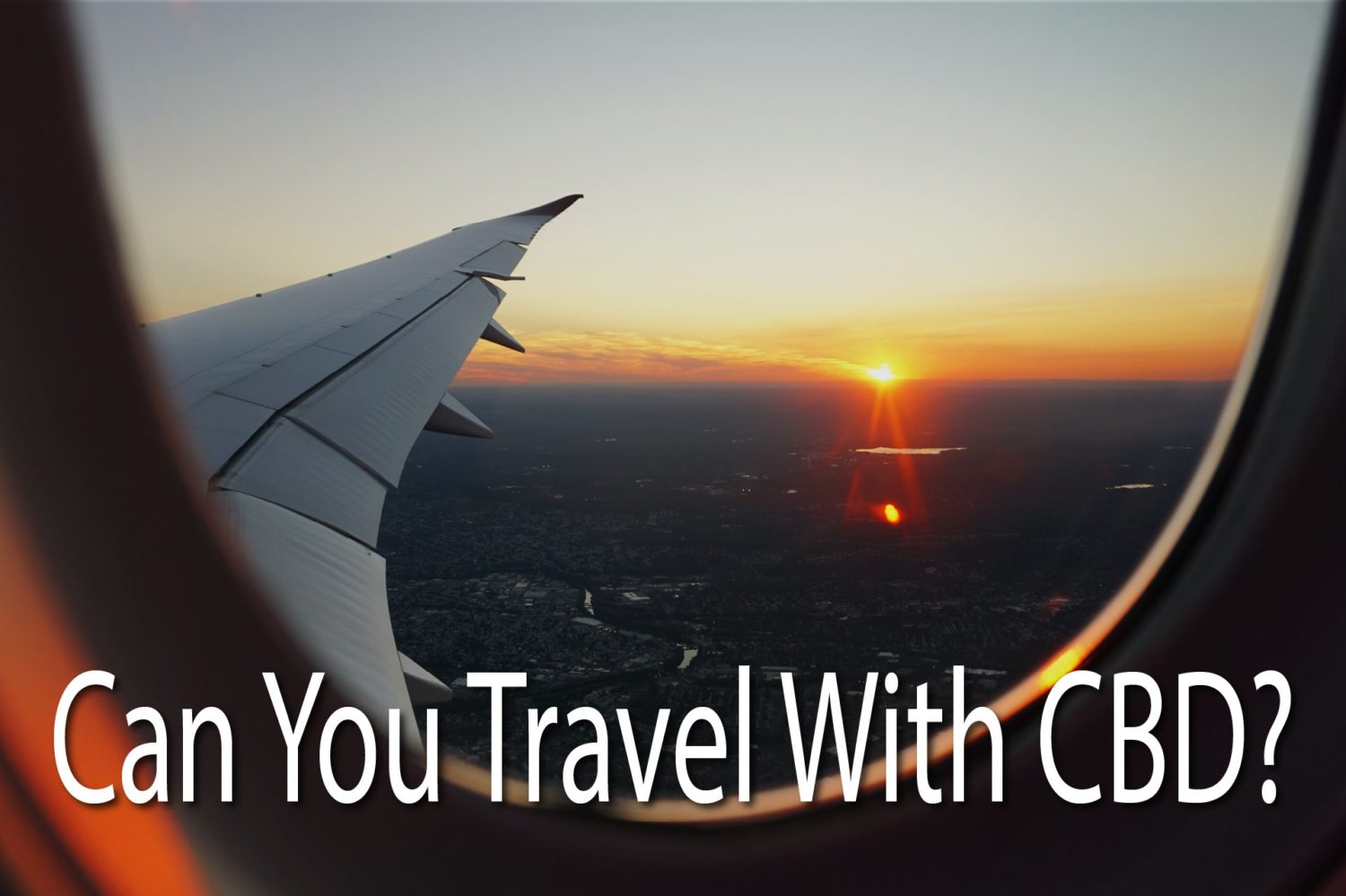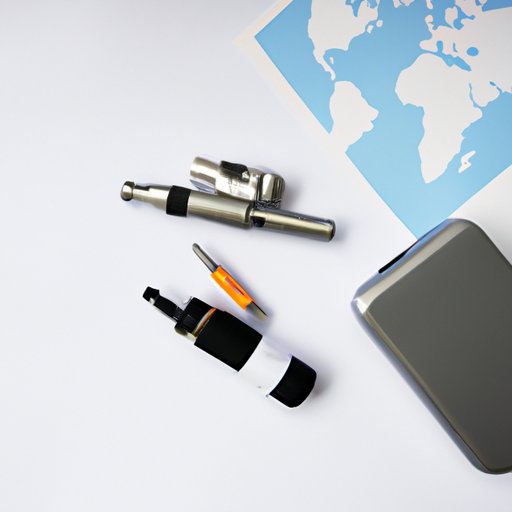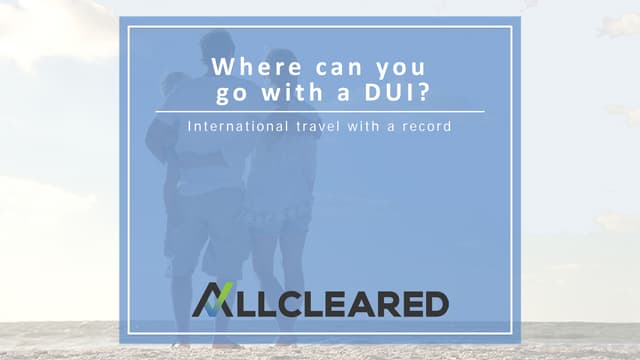Can You Travel With Delta 8

The legal landscape surrounding Delta-8 THC, a psychoactive compound derived from hemp, is a complex and evolving patchwork, leaving many travelers uncertain about whether they can legally fly with it. As regulations vary significantly between states and even individual airports, understanding the current rules is crucial for avoiding potential legal complications and travel disruptions.
This article aims to clarify the current status of Delta-8 travel, drawing upon official guidelines and expert insights to provide a comprehensive overview. We will examine the federal perspective, delve into state-specific regulations, and offer practical advice for navigating the uncertainties surrounding Delta-8 and air travel.
Federal Regulations: A Murky Foundation
At the federal level, the 2018 Farm Bill legalized hemp, defined as cannabis containing no more than 0.3% Delta-9 THC. This legalization inadvertently opened the door for the production and sale of Delta-8, which can be derived from hemp.
However, the legal status of Delta-8 remains ambiguous. The Drug Enforcement Administration (DEA) has issued statements suggesting that synthetically derived THC, including Delta-8, could still be considered a controlled substance.
The Transportation Security Administration (TSA), responsible for airport security, focuses on detecting threats to aviation security and generally does not actively search for marijuana or other drugs. According to the TSA, their security officers are required to report any suspected violations of law to law enforcement authorities. Whether Delta-8 is reported often depends on the specific state and local laws.
State Laws: A Patchwork of Regulations
While federal law provides a baseline, state regulations concerning Delta-8 vary considerably. Some states have explicitly legalized Delta-8, while others have banned it altogether, and some remain in a gray area with no clear regulations.
For instance, states like Colorado and New York have specific regulations governing the sale and production of Delta-8, while other states like Kentucky and Tennessee also have favorable regulations around Delta-8. Conversely, states like Alaska, Arizona, and Arkansas have explicitly outlawed Delta-8. Traveling with Delta-8 from a state where it is legal to one where it is illegal could result in serious legal consequences.
Even within states where Delta-8 is legal, local ordinances may differ, further complicating the issue. Therefore, it is essential to research the specific laws of both your departure and arrival locations before traveling with Delta-8 products.
Practical Considerations for Travelers
Given the legal uncertainties surrounding Delta-8, it is advisable to exercise caution when considering traveling with it. If you choose to travel with Delta-8, consider the following:
First, thoroughly research the laws of your departure and arrival states. Knowledge is your best defense. Verify the legality of Delta-8 in both locations, and be aware of any local ordinances that may apply.
Second, carry products in their original packaging. This helps to clearly identify the product and its contents. The packaging should also display the product's ingredients and THC content, further demonstrating compliance with the 0.3% Delta-9 THC threshold.
Third, consider the form of Delta-8 product you're carrying. Edibles and vape cartridges are generally less conspicuous than raw flower. However, all forms of Delta-8 can attract scrutiny.
Fourth, be prepared to answer questions from TSA agents or law enforcement officials. Remain calm, polite, and honest. If asked about the product, clearly explain what it is and that it is derived from hemp.
Finally, if you are unsure about the legality of traveling with Delta-8, it is best to err on the side of caution and leave the product at home. The potential legal consequences and travel disruptions are not worth the risk.
The Impact on the Travel Industry
The uncertainty surrounding Delta-8 is not only confusing for individual travelers but also poses challenges for the travel industry. Airlines, airports, and hotels are grappling with how to address the issue, with policies varying widely.
Some airlines may explicitly prohibit the transportation of all cannabis products, regardless of legality, while others may defer to state and local laws. Similarly, some airports may have stricter policies than others regarding cannabis possession.
This inconsistency can lead to confusion and frustration for travelers, potentially impacting their travel experiences. To mitigate this, the travel industry needs clear, consistent guidelines regarding Delta-8 and other hemp-derived products.
Looking Ahead: The Future of Delta-8 and Travel
The legal landscape surrounding Delta-8 is likely to evolve as more states and the federal government address the issue. Ongoing litigation and legislative efforts could further clarify or restrict the legality of Delta-8.
In the meantime, travelers should stay informed about the latest developments and exercise caution when considering traveling with Delta-8 products. Consulting with a legal professional may be advisable if you have specific questions or concerns.
Ultimately, the decision of whether to travel with Delta-8 is a personal one, but it is crucial to make that decision based on accurate information and a thorough understanding of the potential risks and legal consequences.








